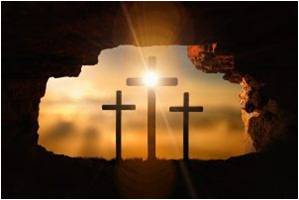
The History and Symbols of Easter Explained
Resurrection Sunday is right around the corner, and what better way to celebrate His life than by learning more about the origin and symbols of this joyous springtime holiday. Every year, on the Sunday following the first full moon after the Spring equinox, the Christian community gathers as one big family to celebrate Christ’s victory over death and the sacrifices He made to save us.
Read on to learn more about Easter’s history, meaning, and symbols!
The Origin of Easter
During Easter, we unite to celebrate the resurrection of Jesus on the third day following His crucifixion. But what do you know about the origin of this celebration?
The fact is, Christendom has been commemorating the death and resurrection of Christ since 325 AD, when the council of Nicaea — a conference of bishops that intended to represent the Christian community — decided that Easter should always fall on a Sunday. Also known as Resurrection Sunday, it is a time of rebirth and the perfect way to contemplate the great sacrifices He made for us to have access to eternal life.
Easter Symbols
These are some of the most recognizable Easter symbols; they represent this holiday as a time for renewal and rebirth and a season of hope and new beginnings.
The Cross
A plain wooden cross is often used to depict accurately the cross upon which Jesus was crucified and put to death. It is one of the most powerful symbols of Easter, as it reminds us of the sacrifices He made for us.
The Empty Tomb
We celebrate Easter to celebrate Jesus’ return to life on the third day after His crucifixion and burial. The empty tomb symbolizes the mystery of resurrection; it is a reminder that He is risen and is now in heaven with His Father.
The Paschal Candle
Made of beeswax to portray purity and often decorated with a cross and the first and last letters of the Greek alphabet, alpha and omega, to designate that He is the beginning and the end of all, the Paschal candle represents the risen Christ as a symbol of life. It is blessed and lit at the beginning of the Easter Vigil and typically burns through Pentecost.
Join Our House Church in Frederick, Maryland
At Household of Faith in Christ, the worship of God is a family affair. Kids and adults sing, pray, and listen together in a warm and inviting environment. Our mission is to develop loving relationships rooted in mutual improvement and accountability.
If you are looking to establish a house church, or already lead one, contact us so that we can exchange ideas and encourage one another while working together.
POSTSCRIPT
The blog above was first published on the original version of this website. Since then the site has been completely reformatted and upgraded. With this change, the blogs needed to be re-uploaded to correct corruptions that occurred with the transition in 2023. While doing this, some additional information was added at the conclusion of many of the older blogs in a “postscript” section that might not have appeared in the first draft that was published on the first website. Think of this new content as “bonus material”.
The Community Debates Unwed Pregnancy
In a previous blog I shared some commentary on a few “oldie-but-goodie” news stories. Speaking of oldie-but-goody news items, there’s this controversy at Heritage Academy in Maryland. An acquaintance wrote about a high school student who got pregnant (in violation of the school’s ethics code), but was “discovered” to have committed adultery only by her refusal to murder her unborn child:
As a Pastor, and a father, I understand the challenge and even at times the frustration of attempting to hold to biblical standards in an ever-increasing secular society. As a former board member of a Christian school, I can relate to wanting to set an example, and the temptation of making an example out of a student who has fallen short. However, I implore you to reconsider your decision to not allow Miss Runkles to walk with her peers during the graduation ceremony.
I humbly ask you to consider two thoughts from a different perspective. Letting Miss Runkles walk with her peers during graduation is not a celebration of her “sin”, it is the acknowledgment of her academic achievement. If Miss Runkles is worthy of the diploma she has earned, she is certainly worthy of the grace that she cannot earn.
All of us are unworthy of many walks, our walk to the table to pick up His Word again, or our steps inside the church doors. Or for me, the walk from my office to the pulpit every Sunday morning. Please reconsider and use this opportunity to show forth the love of Christ to those who need it most. This family, our community, and our nation are watching.
This gentle appeal was met hundreds of comments, including these words:
This is a Christian school, correct? Is this not a school where Bible study is much of the norm? And if so, to be a true Christian, does it not say DO NOT PASS JUDGEMENT.
I interjected:
We should try to keep in mind that the Bible does not prohibit passing judgment. Instead, it instructs us to pass judgment in the way, and with the motives, that Jesus teaches.
Then someone else jumped in:
Pastor, if someone asked you to violate your moral code, would you?
My reply:
If the “moral code” was somehow out of alignment with the teaching and example of Jesus Christ, boy I sure hope so! (Note, some of the comments have been edited for brevity and – hopefully – added clarity).
Then someone else chimed in:
These institutions destroy kids if they don’t accept everything without question. Unless, of course, the family has money and is willing to give it. And to put all of this dirty laundry out in the public, for shame!
My response:
What this particular school is doing in this particular case doesn’t appear to offer a very good witness of Who Jesus is and what He’s done. But I’m on guard against painting broadly. Now, whether the school has treated the young woman in a Christian manner is the question. If they haven’t, then it matters little whether they did this publicly or privately. If they haven’t, it matters little what their man-made rule books says. If they haven’t, then it matters little whether the woman’s behavior took place on school grounds or not.
Then another person ramped things up a notch:
I find it sad that you Christians are bashing the situation at hand. The world and the devil have done such good work here with this story. I ask you to quit your judgment on the school. The issue at hand is that she broke a contract she signed, as all students do, to uphold the values the school upholds. She’s not being punished, nor has she been forsaken because she’s pregnant, but because she broke a signed contract. Breaking a contract is a breach in your word. That’s the real issue at hand.
My comment in response:
Contracts are important and should be respected. The school has every legal right to hold this young woman to her contract. The school also has every right to let her out of her contract, if they so choose. It sounds as though this young woman has repented from her sin, and avoided the compounding of it by further sin. Thus, there’s a wonderful opportunity for the school administrators to exemplify mercy. I hope that they do.
A fan of the original comments asked the person who posted them if he’d also be willing to write similar words for the family, focusing on the proper way to settle disputes among Christians, and how to show respect for authority. This struck me as a very fair point. We do have several good examples from Jesus of how to deal with legalistic religious authorities when Christ interacts with the Pharisees in the public square.
Then another item in the comment thread came up:
She was given forgiveness by allowing her to graduate. Breaking the code of conduct that she signed is terms for expulsion. They allowed her to finish school and graduate, just not walk the stage.
I offered a correction on the facts:
Well, an expulsion would have meant no additional tuition. So, there’s that. Also, the student was already punished via suspension and removal from student government. It’s not as if people are asking that she necessarily get off scot-free.
This decision also impacts the entire family, a family that’s a critically important support structure for this young woman now that there’s a baby involved. Celebrating a graduation is a milestone event, a community event, a family event. An unintended consequence of the school’s policy is that it sends the message that “we shun you and your family from our community celebration”. I believe that there must be a better way forward – one that both defends the integrity of the school and offers a strong message of reconciliation to the family. I hope that the school finds that way.
This story is now much larger than just the school and just this young woman. It’s become an opportunity for Christians to show a watching world what the mercy of Jesus Christ looks like. It’s a wonderful opportunity; I hope it’s embraced. Abiding by rules, upholding contracts, defending legal rights – these are all good and important, too. But opportunities to talk about these sorts of things are very commonplace, even in secular environments.
I then received this retort:
Christ said love the sinner hate the sin. He didn’t say we have to agree with the sin, or accept it. So, who’s to say that the school isn’t being loving and kind? They stand on the belief of abstinence. Instead of tearing the school down, perhaps people should try to commend their efforts in teaching children Christian values.
I addressed these thoughts in closing:
The young woman sinned. She deserves her punishment. The question people like me are asking is, can the school find a way to uphold justice while meting out mercy? It is my earnest hope that they do because doing so will help to advance the cause of the Kingdom.
P.S. It’s obvious that someone representing the church (and NOT me) wrote the original post about Easter. First, I always refer to it as Resurrection Sunday. Second, in this context I wouldn’t have made a big deal out of Christendom and the Council of Nicaea. Third, our church doesn’t use a Paschal Candle. Other than that, it has a good beat you can dance to – I give it a 98.
Many blessings to you,
Pastor Troy Skinner












